Faculty
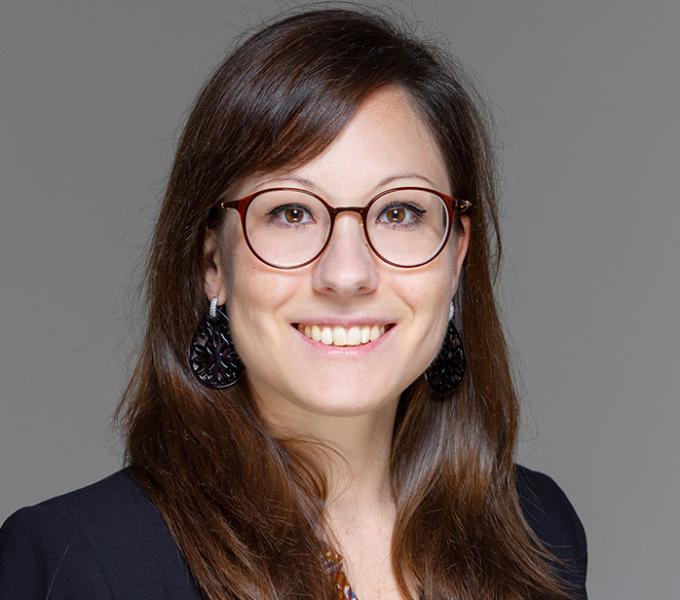
Her lab’s research is focused on developing noninvasive optical imaging methods for disease detection and/or treatment monitoring, with an emphasis on diffuse optical imaging.
*Currently accepting Graduate Students

Plasticity of neuronal circuits during development and in pathology, focusing on the central auditory system
*Currently accepting Graduate Students

Signal Transduction.
The role of the Akt kinase in NF-kB and T cell activation.
Role of TIM proteins in T cell activation.
*Currently accepting Graduate Students

To understand how skin resident immune cells (e.g. dendritic cells, T cells) interact with specific pathogens
*Currently accepting Graduate Students

Broadly speaking, my work focuses on:
- studying the psychological/social impact of fictional narratives, games, and computer-mediated interactions
- uncovering and empirically verifying user-specific, design-specific, and situational variables that increase that impact
- extrapolating techniques and best practices for the creation of stories, games, and new technologies as “interventions” for social change
*Currently accepting Graduate Students
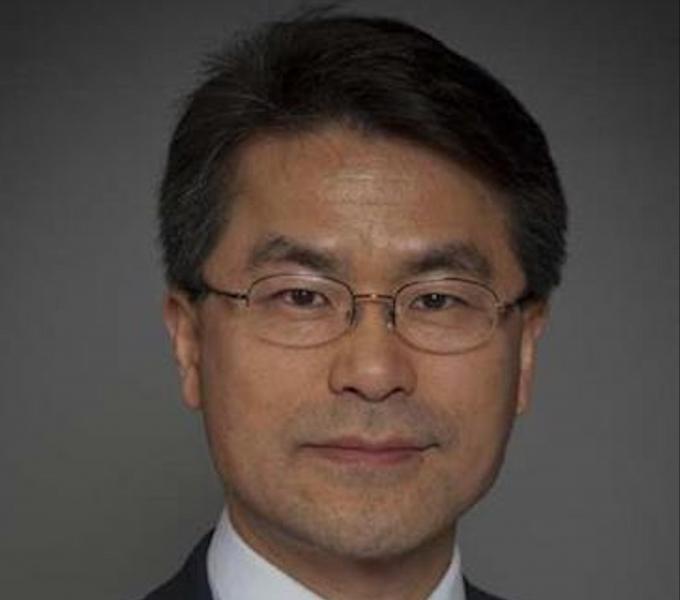
My research interests are in nano-optics and nano-electronics: materials & devices; hierarchical integration of nanoscale structures into systems for multifunctional operations.
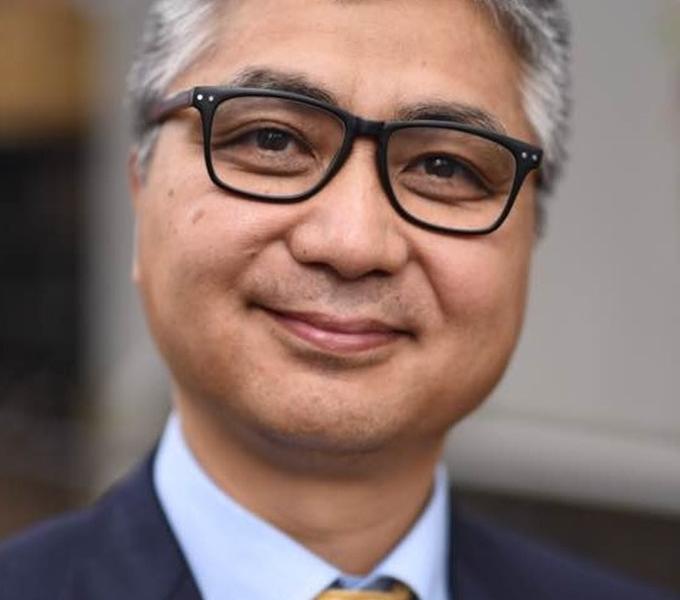
Develop and translate multi-modal ultrasound imaging technologies that are based on a fundamental understanding of how sound and light interact with soft tissues, and are capable of assessing their mechanical, compositional, and biological characteristics.
*Currently accepting Graduate Students

His research on crowd-augmented cognition looks at how we can augment the human intellect using crowds and computation.
*Currently accepting Graduate Students
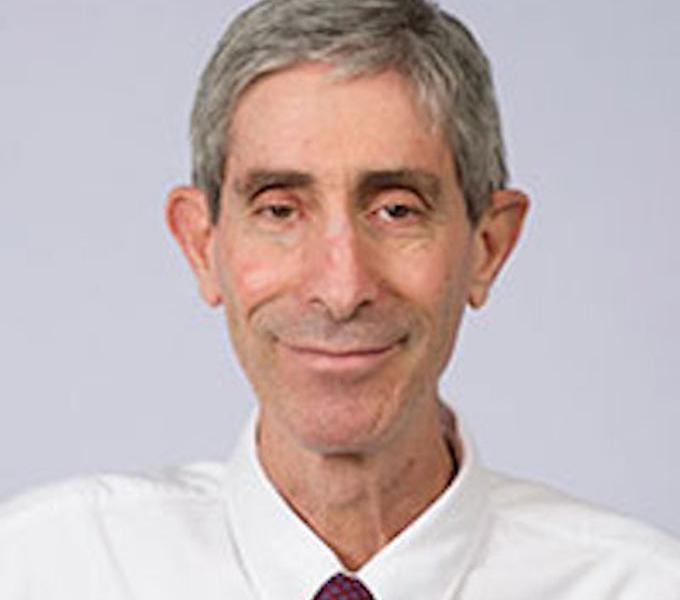
Cellular, structural and molecular studies of epithelial ion channels
*Currently accepting Graduate Students

Our laboratory is interested in identifying new molecular pathways in epithelial biology in the pathogenesis of tissue remodeling in chronic obstructive lung disease (COPD) and pulmonary fibrosis to improve therapeutic options for patients. Our lab specifically studies the role of adenine nucleotide translocase (a canonical mitochondrial ADP/ATP transporter) in the airway and alveolar epithelium of the lung in the context of cigarette smoking-related lung disease and lung fibrosis. We want to better understand how in health and disease ANT regulates epithelial function through cell metabolism and cellular senescence, as well as, airway epithelial homeostasis through surface hydration and the action of tiny motile cilia in the airway. We utilize a repertoire of relevant murine models of injury, molecular genetic approaches, in vitro biochemical assays, and human bio-samples to examine epithelial cell homeostasis in the lung.
*Currently accepting Graduate Students

Our research focuses on deciphering mechanisms involved in lung repair and regeneration, with the aim to identify novel therapeutic targets relevant for age-related chronic lung diseases, such as idiopathic pulmonary fibrosis (IPF) and chronic obstructive pulmonary disease (COPD). Our translational research program focuses on the comprehensive characterization of primary lung epithelial (stem) cells from experimental models and human tissue samples from patients with chronic lung disease. we aim to identify and investigate target signaling pathways that impact cellular mechanisms we identified the developmental WNT signaling pathway as a potent contributor to impaired lung repair and epithelial cell reprogramming, which is amenable to therapy and have further characterized features of epithelial cell reprogramming, such as cellular senescence. We further pioneered and apply patient-derived 3D Lung Tissue Cultures that allow to further validate and test potential novel drugs in an individualized fashion.
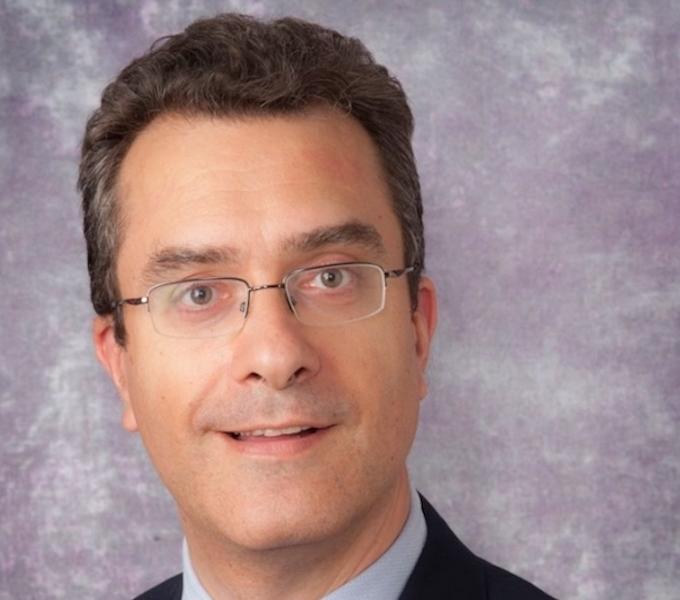
Our research is on whether and to what extent mammalian hearts can regenerate themselves, and to develop regenerative therapies for heart failure.
